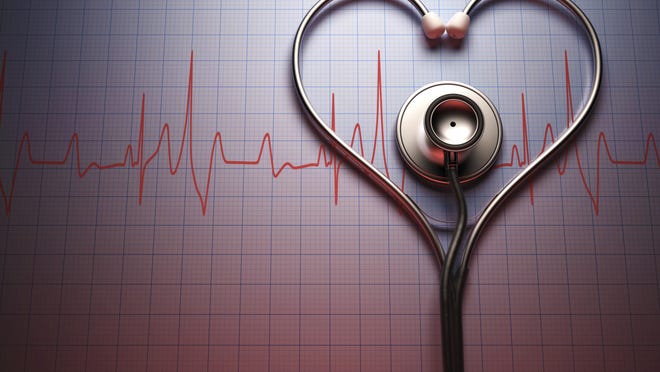Ask the Pharmacist: Calcium channel blockers and cancer risk

Calcium channel blockers are a broad category of prescription medications used for their ability to help with cardiovascular disease. And they do help people, however, like every medication, there is a risk to benefit ratio that you should consider before just popping the pills with complete trust as many consumers do.
Calcium channel blockers or CCBs are given to people with high blood pressure (hypertension) as well as cardiac arrhythmias and/or chest pain, termed “angina.”
Typical side effects of CCBs include low blood pressure, lightheadedness, drowsiness, constipation, dry mouth from poor saliva production, ankle edema and reflux. As for the neuropsychiatric side effects including suicidal ideation – these are commonly associated with certain antihypertensives - but I would say that the CCB category is not one to worry about. In fact, it could help with bipolar and acute mania, so sometimes it is prescribed for these conditions. However, there is dark side to using antihypertensives which is why I have always recommended natural vitamins, or herbal remedies, weight management and exercise to improve blood pressure numbers. The dark side is the development of DNA damage which could raise one’s risk for cancer.
Research from 1997 implied an increased risk of cancer, particularly bladder cancer with some CCBs. Not every study finds a correlation so do not panic and go off your medication unless you and your physician agree, and you have a new strategy to control your blood pressure. Also, not every drug in the CCB class of medications carries risk for cancer.

If you are worried about a particular medication you take, please speak to your physician and look online for studies at PubMed. If you spend a minute researching this topic, you will come across a recent study suggesting that the “short-acting” CCB drugs increase one’s risk for pancreatic cancer.
You may be wondering how it is even possible. It’s because the calcium channel blocker drugs do just that - they block the channel where your calcium is entering the cell. At first, chest pain may improve, and systolic and diastolic numbers improve, but over time these drugs damage the calcium channels. Calcium is an antioxidant, and it happens to make your muscles contract properly.
To improve blood pressure, improve your diet and take nutrients that rejuvenate cell membrane health. Reducing sodium chloride (table salt as NaCl) and processed foods which contain NaCl could be helpful.
There are beneficial dietary supplements available at health food stores that you can ask your practitioner(s) about. One excellent idea is hawthorn. This herb has been used for heart and blood pressure health for centuries. Fish oils and garlic supplements are well-known to support a healthy cardiovascular system. Magnesium and potassium are two minerals known to support blood pressure.
Finally, CoQ10 and B Complex vitamins support a healthy heart and vascular system. Ask your doctor what’s right for you, and do not suddenly stop your CCB medication. You need to be under the supervision of your medical doctor(s) for all changes and additions to your medication regimen.
More:Ask the Pharmacist: Two steps to making thyroid hormone
And:Ask the Pharmacist: What to do for chronically itchy skin
Also:Ask the Pharmacist: Natural ways to improve eyesight
Suzy Cohen is a registered pharmacist. The information presented here is not intended to treat, cure or diagnose any condition. Visit SuzyCohen.com.